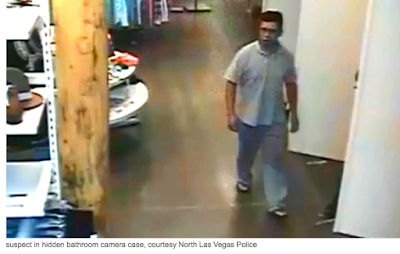 |
| Click to enlarge. |
"It is highly desirable for the spectators at a baseball game to hear what is transpiring on the playing field, such as arguments at the bases between opposing players, and discussions between the umpires and players. By transmitting the sounds from the playing field to the grandstand, the spectators feel that they are taking part in the game. Also, it enables the spectators to judge a play better as they can hear the baseball strike the glove or mitt of a player.
 |
| Click to enlarge. |
It is a further object of my invention to provide apparatus for transmitting sound from a baseball field in which a resilient pad or support for the base is formed of a greater surface area than the base and has perforations or apertures in the area adjacent the base whereby sound may be transmitted through the perforations to a microphone there beneath.
An additional object of my invention is to provide a rigid support for the resilient pad to which the pad and the base may be secured to retain them in position, and with the rigid support having openings to permit the passage of sound there through to a microphone positioned there beneath." more











